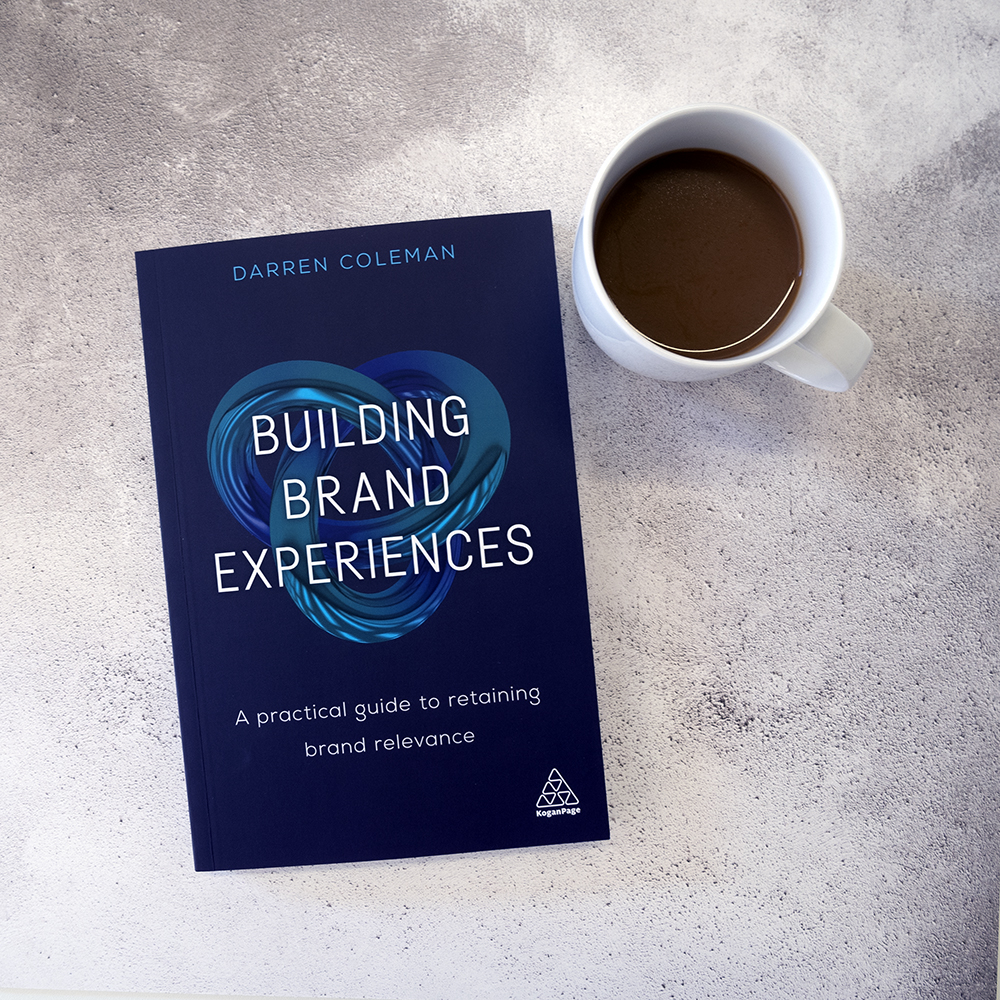
During this interview with Wavelength’s Darren Coleman talks discusses a broad range of brand-related issues including how brands have responded to Coronavirus, long term brand building vs. shorter-term performance and the importance of emotion.
It was a pleasure for Wavelength’s Darren Coleman to be invited onto MediaCat‘s “Zoom In” for a chat with Nazli Selin Ozkan. We covered a host of topics including:
- How brands are responding to Coronavirus
- Long-term brand-building vs. short-term performance marketing
- The need for brands to accept a lack of control
- Brand purpose – in practical terms
- The importance of emotions when building brands.
Here’s a summary of what we covered:
Different ways brands are responding to the coronavirus pandemic
- Cultural and geographical differences are noticeable. For instance, clients in South East Asia were ahead of the curve in terms of being prepared. This was due to their experience with previous pandemics and being culturally comfortable wearing masks.
- A growing number of brands will move towards a blended employee experience. People want more from life than just to work. It also delivers cost benefits due to reduced travel.
Long-term brand building vs. short term performance marketing
- The approach employed depends on:
- how advanced a brand is
- how deep senior executives understanding of brand is
- your c-suite’s experience of navigating previous economic downturns
- Some brands are also benefiting, in part, from the markets they are in e.g. P&G and personal care.
- Kraft Heinz will be an interesting case to watch. They are considering retaining brand spend after years of private equity influenced underinvestment severely undermined brand growth.
- A healthy amount of data from Binet & Field, Kanter Millward Brown supports the case for brand building vs. short term performance marketing.
Brands and control
- The control brands have over how they are perceived will only diminish due to the uplift of digital and the influence of communities.
- Informed brands understand where communities are so they can engage, guide and influence those conversations as best possible.
- Brands have to let go. Brands that think they are in control are deluded.
- A brand message is far more powerful when it comes from your community and not the brand.
- Community Managers can play an important role in marshalling, chaperoning and guiding conversations.
- Brand accountability can only be a good thing because it can expose the unsavoury the practices of some brands. For instance, Chipotle held virtual lunches to support social distancing and self-isolation (very commendable) but in the same breath had a sick leave policy that resulted in an employee walkout (not very commendable).
Brand purpose
- Jenni Romaniuk of the Ehrenberg-Bass Institute at the University of South Australia Business School hasn’t found any evidence to support the claim that brand purpose has positive on brand performance.
- Brand purpose has intrinsic appeal in terms of answering the question of “why?” This draws people and makes the concept magnetic.
- Brands operate at an intangible/abstract level with brand values, brand personality and brand purpose being examples. When you move to the tangible / concrete world of brand building, a growing number of organisations are starting to realise when brand purpose plays out it has been accounted for by other brand assets, strategic endeavours such as mission, vision or CSR.
- It feels like ideas are being reinvented. This affects the credibility of marketers in the c-suite. Richard Shotton’s research on brand purpose is particularly relevant here.
Importance of emotions
- A number of brands are trying to capitalise on the emotion associated with Coronavirus in opportunistic ways.
- It’s a shame more brands haven’t just got on with the job of launching useful products then let the customer do the marketing for them. It feels like some brands are humble bragging.
- Smart brands have adopted a more nuanced approach to Coronavirus. Vans’ Foot the Bill initiative allowed a small number of retailers to use Vans’ capacity to make bespoke products. Uber Eats have also streamlined their sign-up process.
+++++++++++++++++++++++++++++++++++++++++++++++++++++++++++++++++
A big thanks to Selin for inviting me onto Zoom In. You can find out MediaCat and their highly regarded event Brand Week Istanbul here. I’d also like to thank Martina Olbertova for connecting me with Sercan Yenipazar some time ago. This got the ball rolling for Brand Week and Zoom In. Thank you Martina.
To watch this and other videos please head over to our YouTube channel.
*****************************************************
>Download Chapter One of my book for FREE here
>If you like what you see, why now grab a copy of my book on Amazon?

